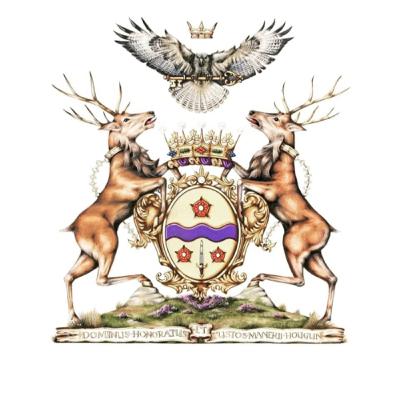Discover Teaching Those Who Learn With Lady Anne Buechler
Teaching Those Who Learn With Lady Anne Buechler

Teaching Those Who Learn With Lady Anne Buechler
Author: Anne Elizabeth Haviland Buechler
Subscribed: 0Played: 10Subscribe
Share
© Anne Elizabeth Haviland Buechler
Description
This podcast helps all learners of every age continue their quest for learning about the world and their purpose in it. Education is not about getting into college and getting a good job. It is about discovery, innovation, and the ability to better civilization for each generation while fulfilling your own life's purpose.
19 Episodes
Reverse
This episode explores the details and information about the advent of trade of goods and services, the idea of supply, demand, scarcity, barter, money, and currency.
This review podcast goes into how and why civilizations began because of the agricultural revolution. I go over the eight characteristics or pillars of civilization, offer study tips, and confusingly ramble after Gus interrupts me looking for attention and scratches behind his ears.
Greetings
A reading of The Monkey's Paw with post reading reflection.
This episode goes over the four types of maps that you need to know. I give definitions, examples, and weird bits of wisdom. Enjoy the podcast.
This is a recording of the short story The Landlady by Roald Dahl. Like the Oscar award winning movie,1917, this was done all in one take.
I miss you all. I'd love to see you all. Maybe I can soon or at least before school starts again.
Goundhog Day
The first three chapters of Walk Two Moons, by Sharon Creech will give you information for your scavenger hunt. The information about manmade and God made features of place and the information about relative location will help you. Have fun. Be creative. YAY
From early history through the civil rights movement, this podcast looks at American Indian groups, English colonists, and the cause and effect of the formation of the United States. We look at expansion, conflict, and the U.S. becoming a world power. We also very, very briefly touch on the civil rights movement. This is a super basic and very brief overview of how the colonies in North America became the 50 states of the United States of America.
After listening to this podcast you will be able to identify physical features of the United States, understand climate zones, and the distribution of natural resources, as well as be able to trace the settlements of the United States and how migration and population growth has impacted place in region as themes of geography in the United States.
This episode explores the four types of economies and also looks at job classifications of each type of job that people have in civilizations. we link these economies and job classifications to the themes of geography and also link them to the types of governments.
More details. On location in Boston, MA and Denton, TX
Episode 5 is a detailed episode talking about how territories become countries and how those countries communicate to citizens of the world very important ideals and the ethos of that country.
This episode gives students four really great, time-tested, Mrs. Buechler approved studies strategies that they should use to prepare for any test.
Here are some answers to some questions you may still be wondering about in our first unit of study. Organizing our world is done with maps, graphs, charts, themes, pillars, numbers, trends, and here are reviewed topics to make sure YOU know what to do when YOU build your spot in this world.
These are things to consider as you use your study guide over the weekend to prepare your brain to dump all that you have learned and to ensure that you are fascinating dinner party guests in the future.
in this episode listeners will hear the five themes of geography reviewed with details examples and explanations. Remember, a teacher teaches, a student learns. The best way to learn is to make sure you understand what is being taught. We encourage all students to ask questions, to send emails with questions, and to stretch themselves to be able to think beyond just who what and when and answer the deeper questions of how and why.
Information on The World Health Organization.





